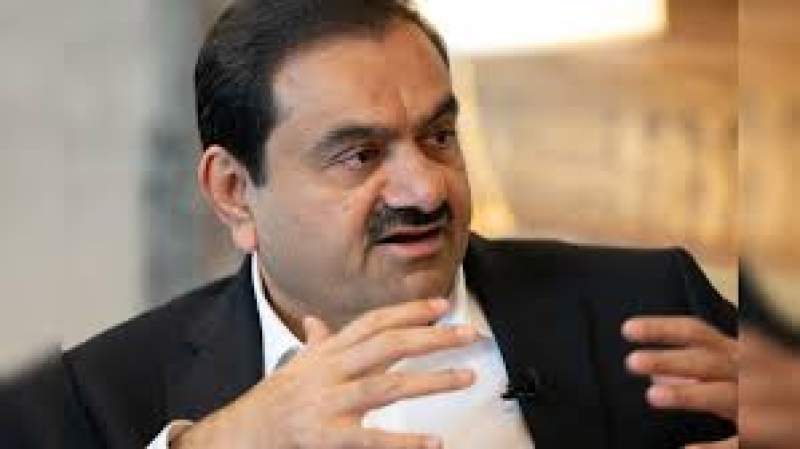- Tarique vows quick execution of Teesta Master Plan if elected |
- How Undecided voters May Decide the Election |
- Nearly one million security personnel to guard BD elections |
- Restoring trust in Allah, Caretaker Govt; good governance, employment, no-revenge BNP's key election pledges |
US Charges Gautam Adani with Fraud and Bribery Scheme

Gautam Adani, one of the world's wealthiest businessmen, has been indicted in the United States on charges of defrauding investors by hiding the existence of a bribery scheme behind his company’s massive solar energy project in India.
The 62-year-old Indian tycoon faces charges of securities fraud and conspiracy to commit securities and wire fraud. The indictment, unsealed on Wednesday, alleges that Adani and his associates deceived Wall Street investors by presenting a lucrative solar energy deal with the Indian government as legitimate while secretly funneling $265 million in bribes to secure billions in government contracts.
The case centers on Adani Green Energy Ltd. and another company’s agreement to sell 12 gigawatts of solar power to the Indian government — enough energy to power millions of homes. While the deal was touted as part of a clean energy revolution, prosecutors claim that behind the scenes, Adani and his co-defendants were engaging in corrupt practices to secure these contracts, at the expense of U.S. investors.
“Adani and his co-defendants orchestrated an elaborate scheme to enrich themselves through corruption, while deceiving U.S. investors and undermining the integrity of our financial markets,” said Breon Peace, U.S. Attorney for the Eastern District of New York. Deputy Assistant Attorney General Lisa Miller added that the accused sought to “finance massive state energy contracts through fraud and corruption.”
In a related civil action, the U.S. Securities and Exchange Commission (SEC) has filed charges against Adani and two of his associates for violating U.S. securities laws. The SEC seeks monetary penalties and other sanctions in response to the alleged fraud.
The co-defendants include Adani’s nephew, Sagar Adani, a key executive at Adani Green Energy, and Vneet Jaain, the company’s CEO from 2020 to 2023. As of now, no legal representation has been listed for Gautam Adani, and efforts to contact his company, the Adani Group, for comment were unsuccessful.
The indictment accuses the Adanis and Jaain of misleading investors by falsely claiming that Adani Green had a strong anti-bribery compliance program and that senior management had not engaged in bribery or corruption. In reality, prosecutors allege, Adani's team was plotting to pay bribes to Indian government officials in order to secure energy contracts and financing.
Adani, who rose to prominence in the coal industry in the 1990s, is now a dominant figure in India’s energy sector. The Adani Group has expanded its reach to various industries, including defense, infrastructure, and food production, but in recent years, it has positioned itself as a key player in renewable energy, with a portfolio of more than 20 gigawatts of clean energy capacity.
Adani’s company has pledged to invest $70 billion in renewable energy projects by 2032, with an ambitious goal to become India’s largest clean energy provider by 2030. However, the company’s rapid growth has been marred by accusations of financial misconduct. Last year, the U.S.-based research firm Hindenburg Research accused Adani of stock manipulation and accounting fraud, allegations which the Adani Group dismissed as baseless and misleading.
The current indictment suggests that the bribery plot, which began in 2020 or 2021, was a direct response to challenges in securing the energy contracts necessary to maintain profitability for Adani Green and its partner firm. When high prices for the solar energy project deterred India’s state-run electricity distributors from purchasing the power, the companies resorted to bribing officials in exchange for favorable agreements.
Prosecutors claim that despite these illicit payments, Adani and his associates continued to publicly deny any involvement in bribery, allowing them to secure billions of dollars in investments at favorable terms, without investors fully understanding the true risks involved.
As the case progresses, both criminal and civil actions are set to unfold in federal court in Brooklyn, with potential significant consequences for Adani and his global business empire.

